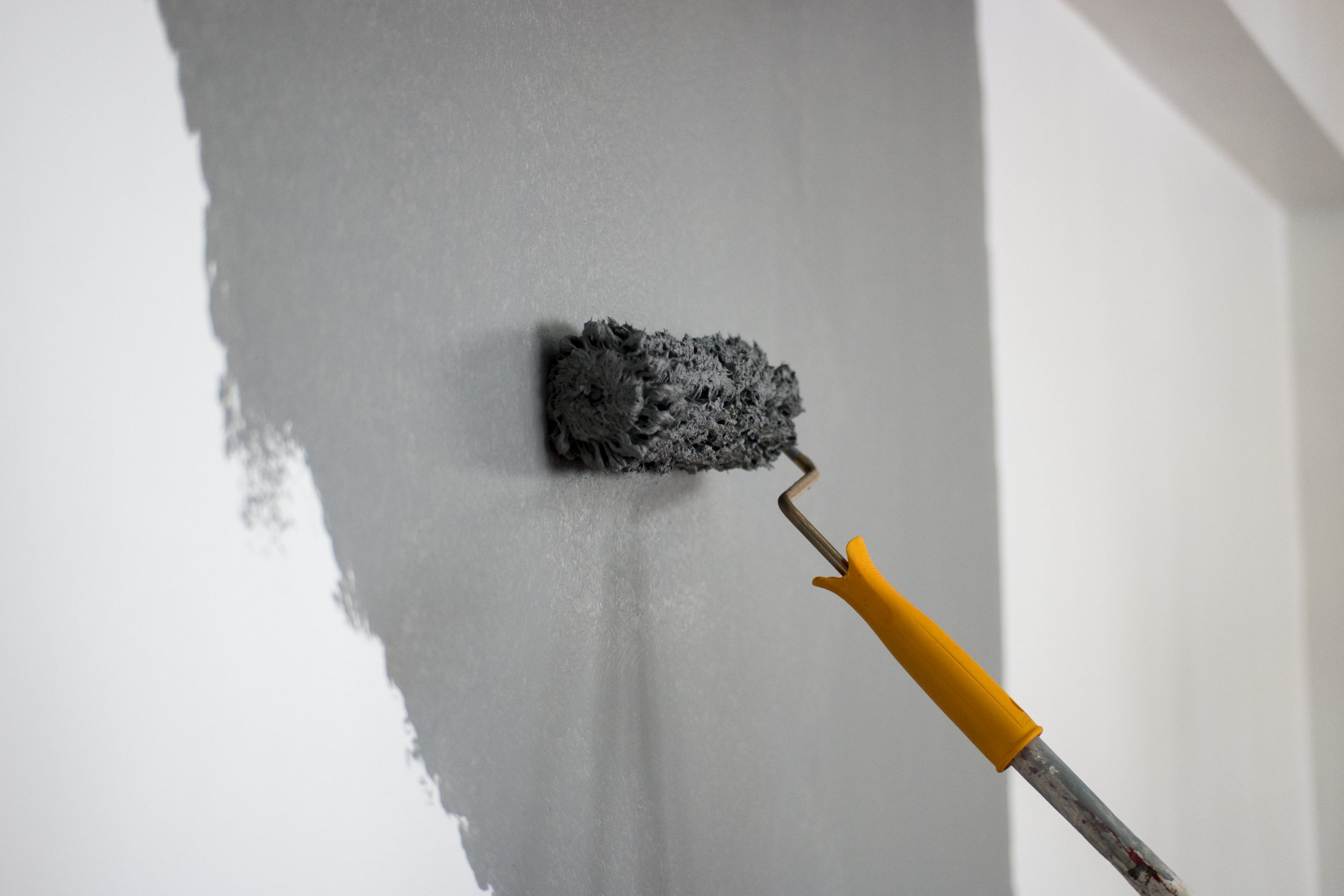
Giving the interior of your property a facelift with a lick of paint is a common strategy for improving your home quickly and economically before placing it on the market.
Fresh paint on the walls and ceilings can lift a house or apartment, giving potential buyers a great impression. A fresh coat of paint prevents buyers from focusing on minor knocks and scratches or thinking your home might be a little tired.
But before you pull out your brushes and rollers, consider whether you have the time to repaint. It’s not a small task, even if you restrict the project to a couple of rooms. It can be fiddly when it comes to edging along skirting boards and ceilings.
If you can afford a professional painter, it can be worth the investment. However if you want to take on the job below are some tips to help.
- Color – Select neutral tones as these are best suited to selling a home. Buyers can be put off by bright colors and statement walls that might not be their taste. Light tones will help add to the feeling of space in every room.
- Put a lid on it! – You’ll protect the paint from dirt and dust and prevent anyone from stepping on the lid and walking paint through the building if you put the lid on in between pours. If you’re using similar tones, don’t get the lids confused and potentially compromise the colors when paint from one lid drips into the wrong tin.
- Stain is a pain – If you’re painting over stained wood, be careful about tannins leaking into the paint color. This can happen with cypress, red cedar and redwood stain. So, use a stain blocker. It’s a primer that will lay the foundation for a professional finish.
- Lose the gloss – Gloss is challenging to paint over if you’re seeking a matte finish. Most of us would use sandpaper to rough the surface, but the professionals deploy deglosser liquid, which does a better job.
- Pet subject – Keep the pets away. They might knock over a paint can or rub up against a wall of wet paint, spoiling the finish and spreading paint everywhere.
- Ceiling dealings – It’s so easy to use a roller and bump the ceiling with wall paint. To avoid this, run a horizontal strip of tape about six inches from the top of the wall. Use a brush or small roller to paint this buffer zone.
- Floor it – It’s the same deal with the floor as the ceiling. Create that buffer zone so you don’t bump the floor or carpet with your roller. Paint on carpet is a nightmare.
- Brush-off – Don’t over-brush on smooth surfaces. Cover the area quickly, and then brush back and forth a couple of times. If you overdo it, you’ll get ridges from the bristles of the brush.
- Big freeze – Avoid painting when it’s really cold. Paint does freeze, and you can get lumps and chunks in a tin of acrylic or latex paint. Paint doesn’t dry well in sub-zero temperatures, either.
- Too hot – Paint doesn’t like the other end of the thermometer, either. In hot weather, it can dry too quickly and leave unsightly bubbles.
